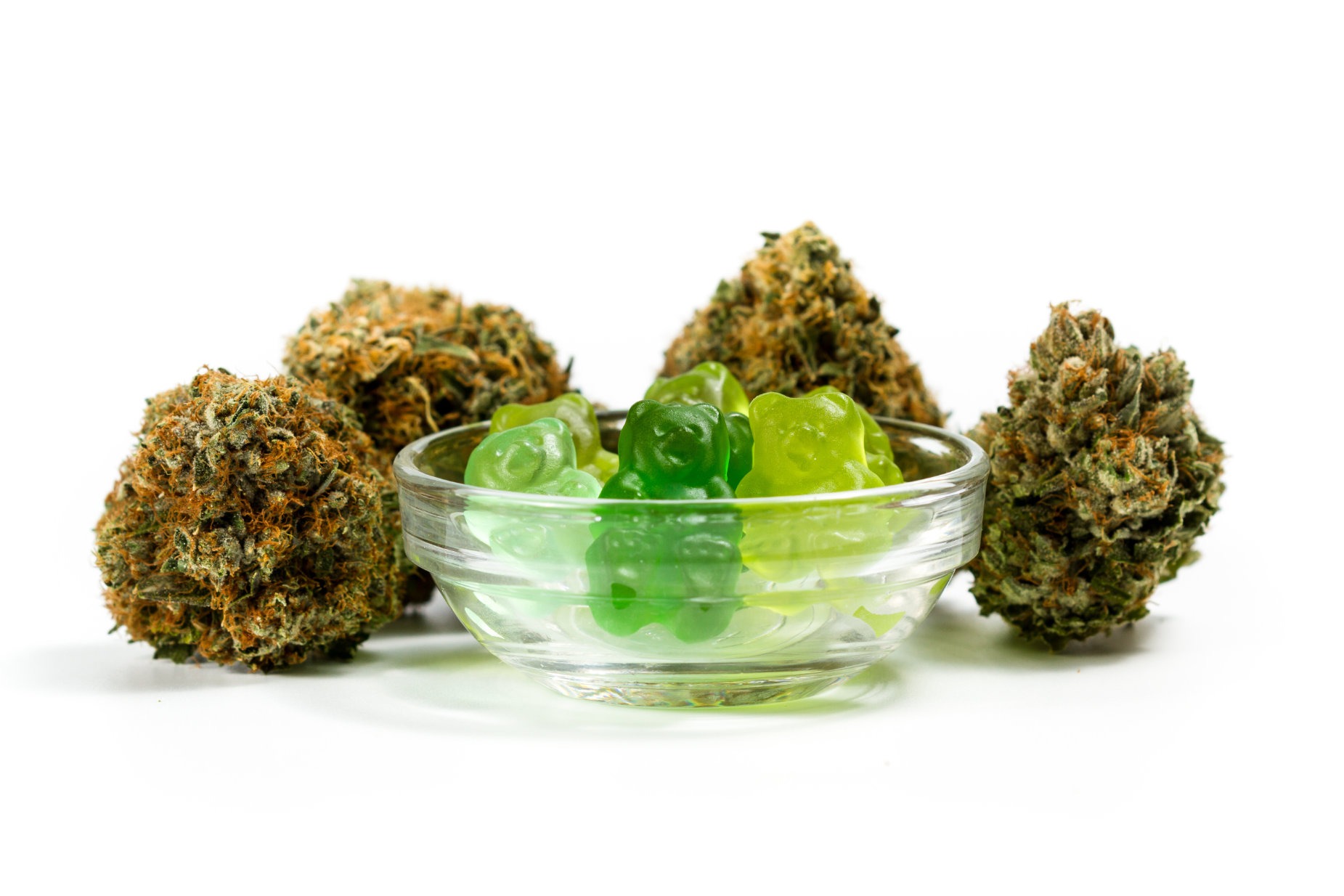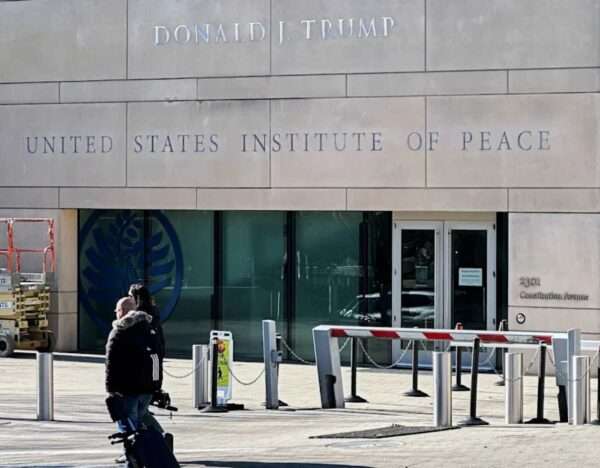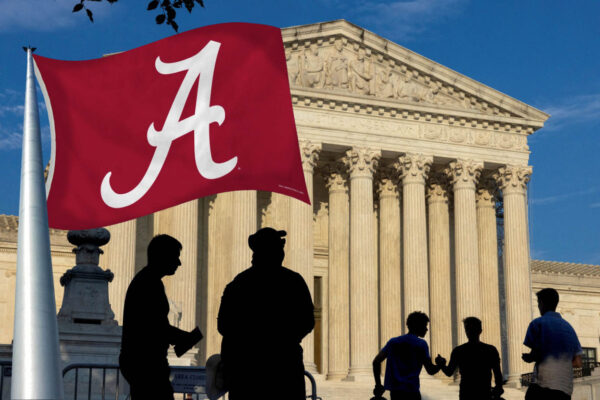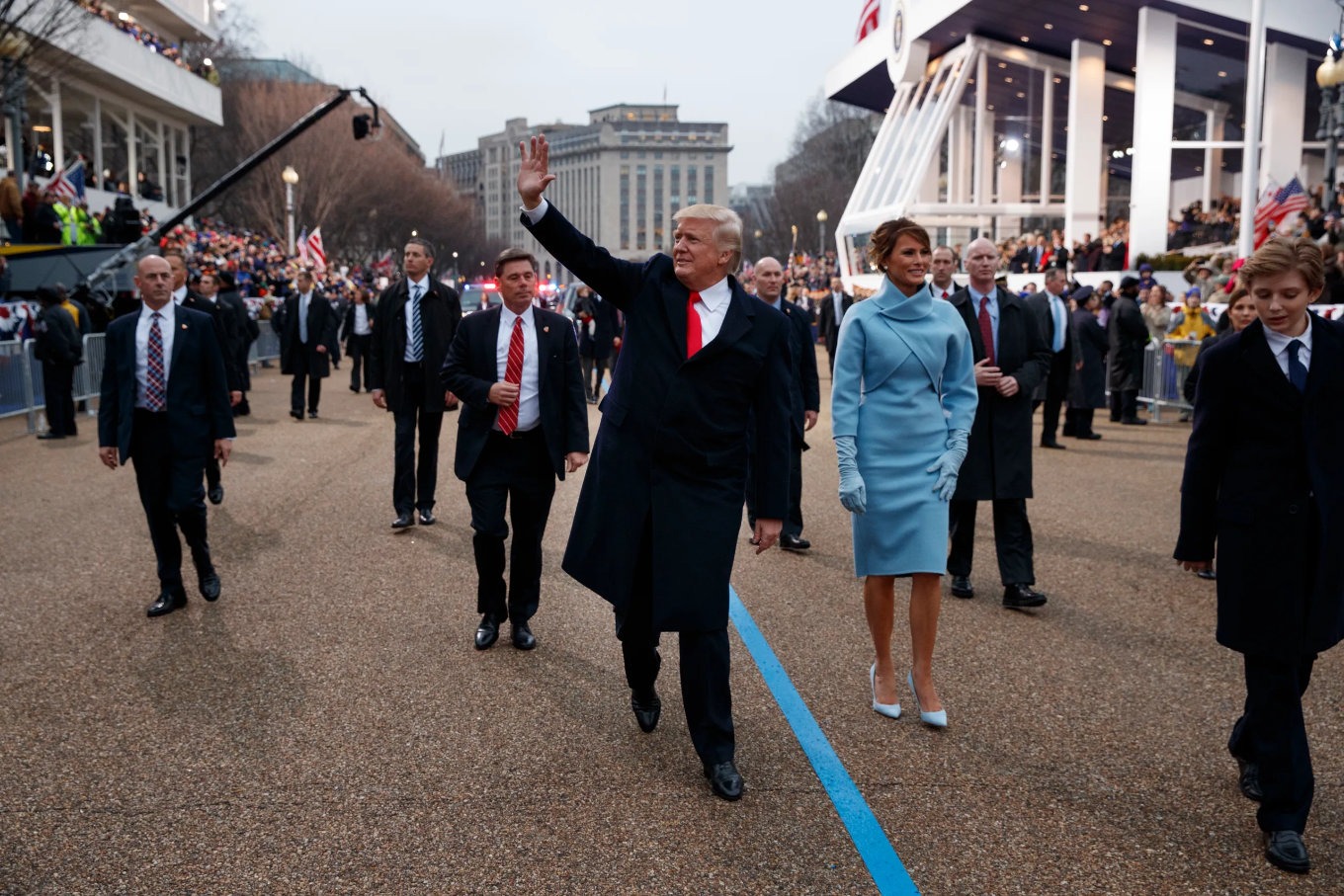NEED TO KNOW
- Texas is set to ban THC products like Delta-8 vapes, gummies, and drinks starting in September.
- Lawmakers say the 2019 hemp loophole has gone too far, citizens are getting high *without* the government’s permission.
- Only CBD and CBG products will remain legal, assuming they aren’t fun or effective.
Texas Decides: Relaxation Must Be Regulated
Starting this fall, Texas plans to outlaw all THC-infused hemp products. This includes popular items such as gummies, vape pens, and drinks that deliver a mild buzz. Lawmakers are pushing to pass Senate Bill 3, which would close the legal loophole that made Delta-8 products common in stores across the state.
Supporters of the bill argue that these products are untested and unsafe. Opponents believe the ban is overkill and targets a booming industry with very little evidence of harm.
Why Now?
Back in 2019, Texas legalized hemp. However, lawmakers didn’t realize that a compound called Delta-8, which is chemically similar to marijuana’s THC, would become a favorite among consumers. Because it wasn’t clearly banned, it slipped through. This loophole helped create an entire market of low-level THC products—available at gas stations, smoke shops, and even boutique wellness stores.
Now, Lt. Governor Dan Patrick wants that market shut down. He says these products are unregulated and often reach young people. Others say the state is banning something simply because it’s effective and popular.
Who’s Affected?
Many Texans currently use Delta-8 or similar products for relaxation, pain relief, or sleep. Some use them because they can’t qualify for medical marijuana under the state’s strict rules. After the ban takes effect, these people will lose access to those products.
In addition, hemp farmers and store owners will face new challenges. Experts say that producing THC-free hemp is nearly impossible. As a result, the industry could shrink or even disappear. One estimate shows that over 50,000 jobs and billions in revenue are at risk.
What Will Happen to CBD?
CBD and CBG will still be legal, but the rules will change. Starting in 2026, sellers must register their products with the state. Also, products will need to pass strict tests to prove they don’t contain banned compounds.
If sellers don’t follow these rules, they could face criminal charges. This means many smaller retailers might not survive under the new requirements.
What Are the Penalties?
The new law will bring serious consequences. A first offense could lead to a $500 fine and a mandatory education program. If someone repeats the offense, they might spend up to 180 days in jail.
Selling banned products or making them without a license will become a felony. This offense carries a prison sentence of up to 10 years.
Will It Stick?
That’s still unclear. Some retailers plan to take the state to court. If a judge agrees the law is too broad, parts of the ban might not take effect right away.
Critics say a better approach would be regulation, not criminalization. They believe the state is making a public health issue worse by pushing THC products underground.
Quote of the Moment
If God wanted Texans to be high, He would’ve put Delta-8 in brisket
Rafael Edward “Ted” Cruz – Sen.-R–TX

















